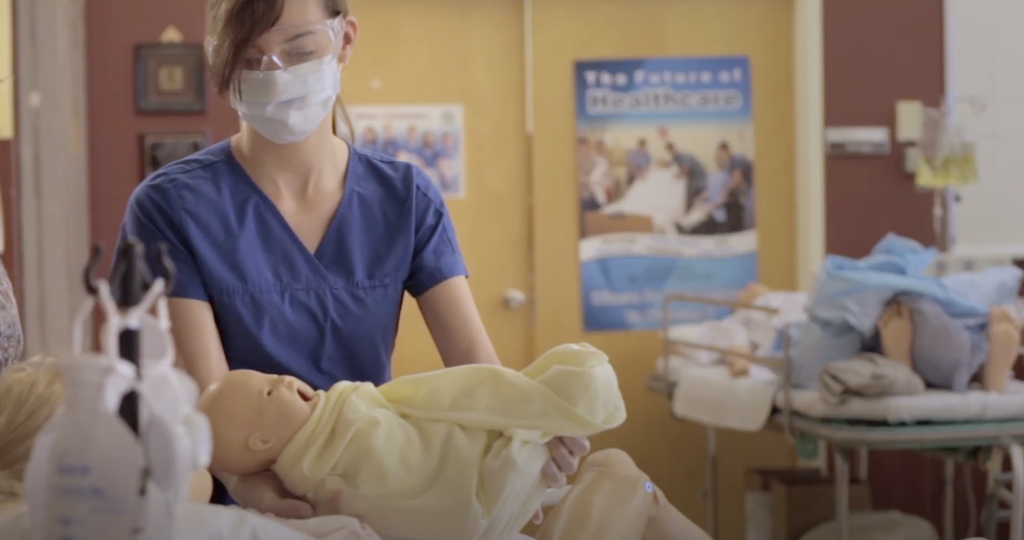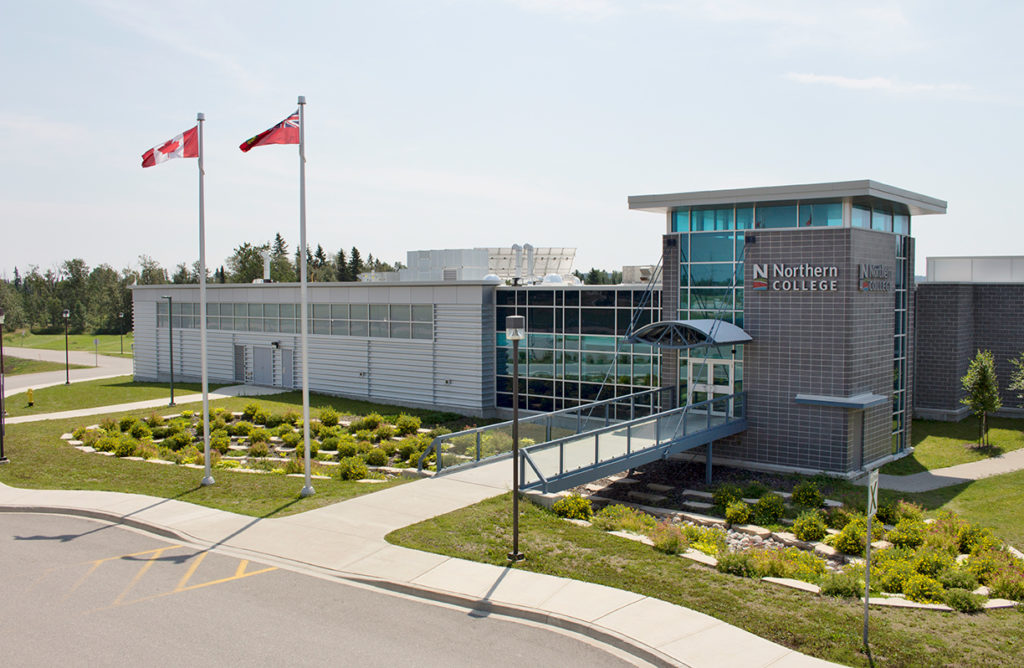Additional Information
Requirements for Clinical Placements
- Completed Immunization/Communicable Disease Testing Requirements forms, supplied by the College
- Current Basic Cardiac Life Support Certificate (BCLS/C.P.R. – HCP Level)
- Standard First Aid Certificate (or equivalent)
- WHMIS Certificate (may be obtained at a minimal cost through the College)
- A recent Canadian criminal reference/vulnerable sector check (original only/photo copy not accepted) – must be applied for no earlier than July 1st of the current year and is required prior to the start of the fall Semester.
- Mask Fit testing (offered in September, on campus by the Nurse Training Officers)
- AODA certificate
- Workers Safety Awareness in 4 Steps training certificate (free of charge, access via link to Ministry of Labour)
For more information please review the Placement Requirements [PDF, 474 KB].
Please note:
COVID-19 vaccinations are required for all students in the Bachelor of Science in Nursing, Practical Nursing and Personal Support Worker programs, in order to be permitted to attend clinical hours with the Timmins & District Hospital. Please review the Placement Requirements [PDF, 474 KB] to ensure you are up-to-date on vaccinations for your clinical requirements.
Clinical partner agencies may choose to create their own policies regarding mandatory student immunization against COVID-19 as a protective measure for residents and patients. Northern College is required to adhere to these policies as a requirement for staff and students attending clinical.
Students are required to submit documentation for receiving two COVID-19 vaccinations prior to attendance at our partner health care agencies. The health care agencies have confirmed their policies stating that all students are required to be immunized for COVID-19 in order to care for residents and patients. Students who do not meet this requirement will not be permitted to attend clinical hours and will not meet the expectations for the practical component of the program course, which will result in course failure. There will be no exceptions for this requirement. Students must submit a copy of the official documentation for having received these vaccinations. For more information please review the Placement Requirements [PDF, 474 KB]
CPR re-certification, Canadian criminal reference/vulnerable sector check, and immunization updates are required annually and are to be completed by August 1st of each year. Any costs for these tests/certifications will be the responsibility of the applicant. Students who do not comply with the immunization requirements will not be allowed into the clinical practice settings, and as such will not be able to complete the required practicum to graduate from the program.
To be eligible for participation in clinical training, the student must not have been convicted of any criminal offence for which they have not been pardoned. An unpardoned criminal record will result in inability to participate in clinical practice courses and could prevent the student from graduating. A criminal record may also impede the student’s ability to write the National Registration Exams required for nursing employment in Canada. As of January 1, 2005, the College of Nurses of Ontario (CNO) requires all applicants for registration or reinstatement from within Canada to provide a recent Canadian Police Information Centre Criminal Record Synopsis (CPIC or OESC check) as part of the registration process. The criminal record check registration requirement enhances public protection by allowing CNO to identify those who have criminal records that could affect their suitability to practice nursing.
Essential Requirements for Study in Baccalaureate Nursing Programs in Ontario
Do you have the Requisite Skills and Abilities to Practice Nursing in Ontario?
Students considering the BScN program should review the College of Nurses of Ontario (CNO) document “Requisite Skills and Abilities for Nursing Practice in Ontario [PDF, 180 KB]”, The skills and abilities outlined in this document must be demonstrated in order to become a nurse in Ontario. Applicants who wonder whether or not they have the requisite skills and abilities to be registered as an RN or RPN should contact the CNO to explore the kinds of supports they might require.
The Council of Ontario University Programs in Nursing further outlines the requirements for study [PDF, 1.20 MB].



